It has been an interesting past two weeks. Ker Wells, who was my teacher at Humber College, came and taught basically the equivalent of my first year class. I've said it before and I'll say it again; six people is totally different than 22. In school I'm used to negotiating big numbers. I know that when we do work I'll have a short shot at feedback before we need to move on. Instructors time is limited, so I had to grab what I could when I could and at the same time try not to Bogart from the rest of the class.
Having two weeks with Ker and far fewer people to be taught made for a learning experience which allowed me to dive further into my craft.
You may not believe this, but there is an awful lot of technique work in being an actor. An actor needs to know how to:
- Breathe
- Move
- Speak
Ok, that seems pretty simple, but they also must be able to do these things while being fully aware of themselves, the people around them, the space they are in and their relationship to the audience. It is a whole lot more complicated than learning some lines and knowing where to walk and talk.
Have you ever tried for a bit to just follow your impulses? Try doing it for a minute. As actors, we are trained to find our impulses near the centre of our body. This core can be talked about in many different ways, but I imagine it as the point where the nervous system explodes into a thousand different nerve endings (right by the belly button). Anyways, here are my instructions for your impulsive minute. Try to not judge if you are succeeding in this. The minute we activate the judgement part of our brain we lose our impulsive nature.
- First, get in touch with your breathing. Breath is where an impulse starts. We can't live, or act without breath. Notice where the breath goes in the body when you inhale. Try to imagine it going all the way down to your core. Try to imagine the inhalation and exhalation are happening through the belly button.
- Have you ever tried kegels? I know, it's a weird question, but there are tons of little muscle groups down on your pelvic floor that can help with awareness. Try activating the pelvic floor as if it was a fruit roll up that is rolling up towards your belly button. Don't worry if this doesn't make sense and you don't suddenly feel more "aware"; if you can aim to have an active pelvic floor then I think that impulses become more active as a response. It took me three years to figure this on out.
- Start following those impulses. You have on minute. I recommend that you just start doing something, anything at all. If you are feeling stuck just try anything and once the body is active impulsive behaviour might take over. See if you can remove the brain from the equation. Follow one impulse until the next one comes and so on for a minute. What does this mean?
- Perhaps you start with just flapping yor arms.
- Your imagination tells you your a bird and you start flying around the room.
- The impulse changes and now you are a fighter jet.
- Following that impulse you've become the pilot inside the jet firing at enemy jets.
- The impulse has shifted and what used to be your steering wheel is now two ice cream cones. Yum!
- Are you still breathing?
The trick is to not need your brain for validation. The brain can be a jerk and pull your impulses out of their imaginative place and into reality. Also, really try to see what is you are doing. Build your impulsive world around you.
Have you tried a whole minute? Pretty exhausting? This is only one piece of the puzzle that is acting. I, at one time, referred to acting as juggling 50 balls at once. You have to be open to all impulses, but you also allow your brain to edit and transpose them, you also need to accept, and react to, incoming impulses from the fellow actors and the audience, you must also stay true to whatever the show is. There are quite a few things to think about.
Think about micro-expressions. These are the tiny changes in a persons face which reveal how they are feeling and reacting to the things around them. Each one of those is a subconcious impulse which, as an actor, you need to figure out how to bring to conciousness and harness for use.
I don't pretend to know how to teach people to act. I think that is crazy. I have discovered that all actor training, no matter how different, wants the same outcome: living truthfully in the imaginary circumstances. Being truthful, transparent and vulnerable are the hardest bits of acting, but they are also what create a magical role. Perhaps all this "follow your impulses" baloney doesn't make any sense to you. That's fine. If you want to do theatre you need to find whatever allows you to do it. This is just a part of the technique I have learned and use. Find whatever technique works for you.
